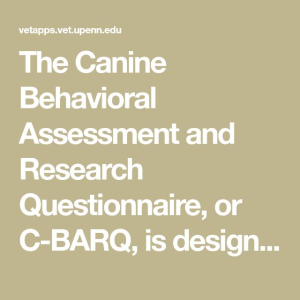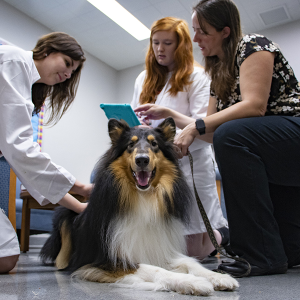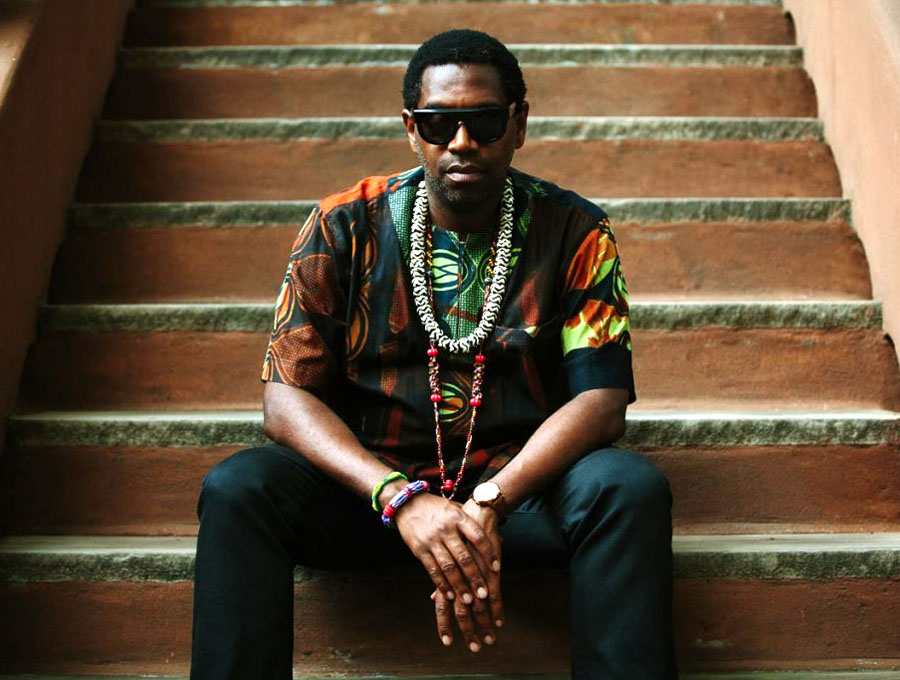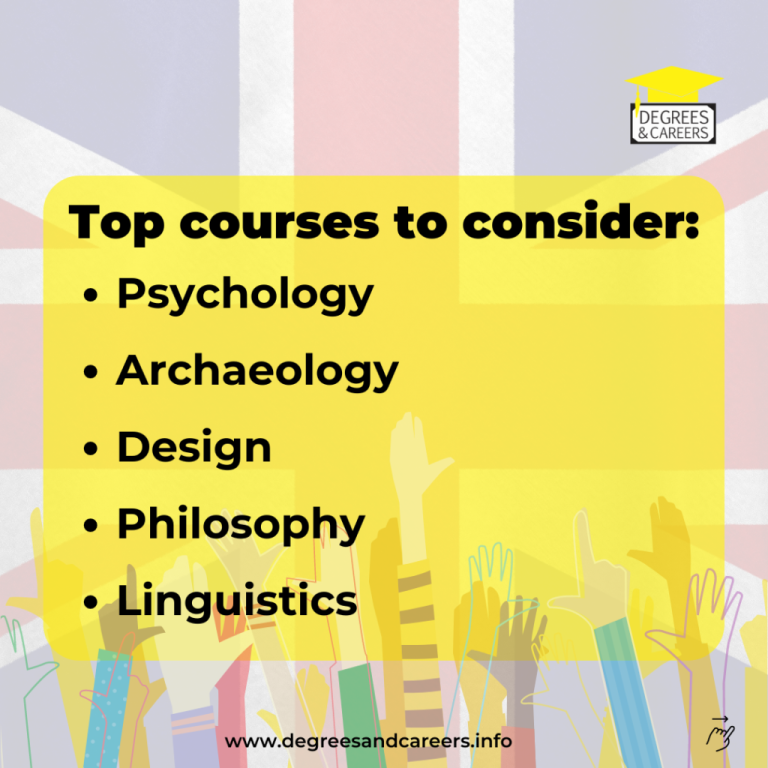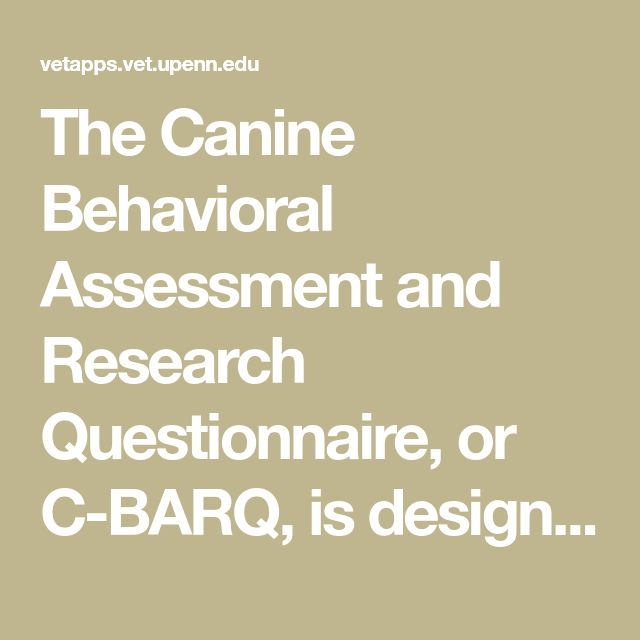Yosvany Terry, an acclaimed musician and educator specializing in Afro-Cuban music, is on a remarkable journey to bridge the cultural gaps between West African traditions and modern jazz. His recent travels to Benin and Cuba have not only deepened his understanding of these musical roots but also illuminated the vital role that this musical heritage plays in identity preservation. As the director of the Harvard Jazz Ensembles, Terry is passionate about enhancing jazz education by incorporating insights from his research into his teaching and performances. This commitment to cultural exchange is exemplified through initiatives like ArtsThursdays at Harvard, where he aims to showcase the rich tapestry of interconnected musical forms. By fostering collaboration across disciplines, Terry inspires students and audiences alike to appreciate the profound influences of the African diaspora on contemporary music.
Renowned musician Yosvany Terry embodies the fusion of Afro-Cuban roots and West African traditions, shaping the landscape of modern jazz education. His explorations into the depths of musical heritages have sparked a dialogue that goes beyond mere performance, emphasizing the importance of understanding cultural narratives. Through programs such as ArtsThursdays at Harvard, Terry not only raises awareness of artistic expression but also invites collaboration between diverse departments, enriching the academic environment. By focusing on the legacies of the African diaspora, he encourages students to explore how music informs their identities and connects them to a larger historical context. Terry’s work is a testament to the enduring power of music as a vessel for cultural preservation and innovation.
Exploring Afro-Cuban Music and Its West African Roots
Afro-Cuban music serves as a vibrant testament to the intricate dialogues between cultures that arose from the African diaspora. The roots of this genre trace back to the West African traditions brought to the Caribbean, particularly in Cuba, by enslaved individuals who used music as a means of cultural preservation. Yosvany Terry exemplifies this exploration through his unique blend of jazz and traditional Afro-Cuban rhythms, showcasing not only the aesthetic beauty of this music but also its historical significance. The movements, chants, and rhythmic patterns found in Afro-Cuban music echo the West African heritage, revealing a profound connection that transcends geographical and temporal boundaries.
As an educator and musician, Terry emphasizes the importance of teaching these connections in a way that honors their origins. By integrating elements of West African musical traditions into his curriculum, he creates an avenue for students to grasp the cultural significance embedded within the music they play. This educational approach not only enriches students’ musical knowledge but also deepens their appreciation for the cultural narratives that shape musical identity. The combination of learning and performance allows for the embodiment of these cultural legacies, ensuring they remain alive and relevant in today’s world.
The Influence of Yosvany Terry in Jazz Education
Yosvany Terry’s contributions to jazz education at institutions like Harvard are noteworthy in the context of expanding musical horizons. Under his direction, the Harvard Jazz Ensembles have grown into a melting pot of various musical traditions, where students have the opportunity to engage with guest artists from diverse backgrounds. This initiative fosters not just skill development but an awareness of the cultural narratives that inform jazz music. By inviting musicians deeply rooted in Afro-Cuban and other world musical traditions, Terry ensures that students are not merely learning notes and rhythms but are also engaging with the histories that shaped the genres they perform.
Moreover, Terry’s teaching philosophy revolves around the concept of collaborative learning that merges various disciplines across Harvard. His efforts to invite artists who represent a range of cultural backgrounds emphasize the importance of dialogue and cross-pollination between different artistic forms. This engagement not only enriches the students’ educational experience but also revitalizes the artistic community, providing a platform for ongoing conversations about identity, culture, and the evolution of jazz as an art form. The transformative experiences reported by students illustrate how Terry’s initiatives resonate beyond the classroom, highlighting the profound impact of including cross-cultural influences in jazz education.
Connecting ArtsThursdays to Cultural Heritage
ArtsThursdays at Harvard has become a beacon for the arts community, showcasing the significant contributions of faculty artists like Yosvany Terry. By bridging the gap between academic learning and public performance, this initiative highlights how academic settings can engage with local communities while enriching the cultural fabric of the University. Terry’s performances, particularly his upcoming show “Imaginary Dialogues: Dahomey,” directly connect the research he conducts on Afro-Cuban music to practical expressions of that knowledge. This synergy fosters an appreciation for the historical layers of music that arise from cultural exchanges between Africa and the Americas.
Moreover, ArtsThursdays allows for innovative projects that combine music, dance, and visual arts, encouraging interdisciplinary collaboration that can redefine how artists and scholars interact. The events create a space where audiences can experience live performances that reflect the richness of diverse artistic traditions, merging contemporary and historical themes. This initiative significantly raises the profile of performances at Harvard, transforming how students and the broader community perceive the arts while reinforcing the importance of preserving and celebrating cultural heritages.
The Role of Documentary Film in Preserving Musical Heritage
Yosvany Terry’s collaboration with filmmaker Davey Frankel to document their research in Benin is an example of how multimedia projects can effectively preserve and share musical heritage. By capturing conversations with musicians, historians, and community members, the documentary will serve as an invaluable resource that brings West African musical traditions to a wider audience. Such projects underscore the significance of engaging with local voices and narratives, ensuring that the stories and practices of these cultures are not only recorded but celebrated and understood by future generations.
This documentary initiative is not just an academic effort; it has the potential to bridge gaps between music, education, and community engagement. By highlighting the links between the Kingdom of Dahomey and contemporary jazz, Terry aims to provide audiences with context and understanding of how historical practices continue to influence modern music. The film represents a merging of performance art and scholarly research, positioning musical heritage not just as an archive of the past, but as a dynamic part of the cultural dialogue that continues to evolve. Such efforts will undoubtedly inspire new generations to explore and appreciate the complexities of their own musical identities.
The Legacy of West African Traditions in Modern Music
The influence of West African traditions can be traced through various genres of modern music, with Afro-Cuban music as a prominent example. These connections illuminate the deep cultural exchanges that took place during the transatlantic slave trade, where enslaved individuals brought their musical practices to the Americas, adapting them to new contexts. This legacy remains evident in the rhythmic structures, improvisational elements, and emotional expression found in jazz and other musical forms today. Musicians like Yosvany Terry are at the forefront of this exploration, uncovering the profound impact that these traditions have in shaping contemporary sounds.
Terry’s research not only highlights this cultural exchange but also reinforces the importance of understanding these connections within the broader narrative of musical development. By bringing attention to the often-overlooked origins of the music we celebrate today, he encourages musicians and audiences alike to appreciate the multilayered history of their art forms. This deeper comprehension invites a dialogue about cultural identity, ownership, and the responsibility of modern artists to honor the legacies of those who came before them. Through performances, educational initiatives, and scholarly work, Terry and others continue to advocate for the rightful recognition of West African contributions to the global music landscape.
Impact of Cross-Departmental Collaborations in Arts
Collaboration across departments is essential in the Arts at Harvard, and Yosvany Terry exemplifies this through his work with various colleagues. By integrating perspectives from fields such as engineering and music, artists can explore innovative approaches to creation that reflect the diversity of thought and practice inherent in today’s world. This collaborative spirit enriches the artistic process, leading to groundbreaking works that push the boundaries of traditional genres. As Terry works with faculty from non-arts disciplines, he encourages students in the jazz program to embrace this inclusive mindset, broadening their horizons and enhancing their educational experience.
The impact of these collaborations is clearly visible in the way arts education adapts to incorporate new technologies and methodologies. By fostering an environment that encourages interdisciplinary learning, Harvard not only cultivates creativity but also prepares students to navigate a rapidly evolving cultural landscape. Through collective efforts, artists and scholars can bring forth projects that resonate with contemporary audiences, ensuring that the arts remain relevant and accessible. This framework ultimately champions diverse voices and perspectives, further enriching the cultural dialogue within and beyond the University’s walls.
The Future of Arts Education at Harvard
Looking ahead, the future of arts education at Harvard is poised for vibrant growth, particularly in incorporating diverse musical traditions and expanding educational offerings. Yosvany Terry’s vision for the next decade emphasizes the importance of maintaining an inclusive curriculum that embraces the world’s rich musical heritage. As institutions strive to engage students from all backgrounds, fostering an environment where artists from various cultural foundations can share their stories will be pivotal in guiding the future of the arts. The ongoing commitment to inviting master artists and hosting diverse events is crucial for inspiring students and cultivating a deeper appreciation for the arts.
Furthermore, Terry advocates for the continued importance of collaboration within and outside the arts, recognizing that innovative work often arises from the blending of ideas across disciplines. As the music department evolves, initiatives that support cross-departmental partnerships will play an essential role in reimagining how arts education is approached. By embracing technology and modern pedagogical techniques, the arts can thrive as a dynamic and essential component of the Harvard experience, preparing students to be not only artists but also informed advocates for cultural engagement and preservation.
Frequently Asked Questions
What is Yosvany Terry’s contribution to Afro-Cuban music and jazz education?
Yosvany Terry is an internationally recognized musician and composer known for his deep exploration of Afro-Cuban music and the influence of West African traditions on jazz education. As a senior lecturer at Harvard and director of the Harvard Jazz Ensembles, he integrates these musical heritages into his teaching, fostering a comprehensive understanding of their impact on contemporary musical forms.
How does Yosvany Terry connect West African traditions with Cuban music?
Yosvany Terry’s research explores the connections between West African musical traditions and Cuban music, highlighting the cultural exchange that occurred during the transatlantic slave trade. His travels to Benin and his engagements with local musicians reveal how these traditions have been preserved and evolved into the rich tapestry of Afro-Cuban music today.
What insights does Yosvany Terry share about the importance of cultural preservation in music?
Yosvany Terry emphasizes that safeguarding musical traditions, particularly those from West Africa, is crucial for maintaining cultural identity within Afro-Cuban music. He believes that understanding these traditions allows for a deeper appreciation of their influence on jazz and popular music, thereby preserving heritage and fostering artistic growth.
How has Yosvany Terry influenced the Harvard Jazz Ensembles and students?
As the director of the Harvard Jazz Ensembles, Yosvany Terry has significantly enriched the program by inviting renowned jazz masters and focusing on Afro-Latin American artists. His commitment to cross-departmental collaboration and real-world learning experiences, such as educational trips to Cuba, transforms students’ understanding of jazz and its historical context.
What is the purpose of Yosvany Terry’s performance on May 1 as part of ArtsThursdays at Harvard?
Yosvany Terry’s performance on May 1, titled ‘Imaginary Dialogues: Dahomey,’ is designed to showcase the findings from his research on the intersections of Afro-Cuban music and West African traditions. This event, part of the ArtsThursdays initiative, aims to engage audiences with the rich musical heritage that informs contemporary jazz and foster greater appreciation for cross-cultural connections.
How does Yosvany Terry incorporate his travel experiences into his music and teaching?
Yosvany Terry uses insights gained from his travels to Benin and Cuba to inform his compositions and teaching methods. He aims to provide students with primary source materials from these traditions, facilitating a deeper understanding of Afro-Cuban music’s roots and its evolution, thus bridging the gap between past and present musical expressions.
What role does collaboration play in Yosvany Terry’s approach to music education at Harvard?
Collaboration is a cornerstone of Yosvany Terry’s approach to music education. He actively seeks partnerships with artists from diverse backgrounds and engages with other departments at Harvard to enrich the learning experience. By fostering interdisciplinary connections, he aims to enhance the curriculum and expose students to a broader spectrum of musical traditions, including West African influences.
What are Yosvany Terry’s future aspirations for Afro-Cuban music and the arts at Harvard?
Yosvany Terry aspires to continue expanding the understanding and appreciation of Afro-Cuban music and its roots within the arts at Harvard. He envisions a vibrant arts presence characterized by innovative collaborations, diverse musical offerings, and a commitment to inviting distinguished artists. His hope is to inspire future generations to explore the complexities of musical heritage and cultural identity.
| Key Point | Details |
|---|---|
| Research in Benin and Cuba | Yosvany Terry explores the link between musical traditions of Benin and the Caribbean, focusing on how the African diaspora has influenced modern jazz. |
| Cultural Preservation | Terry emphasizes the role of cultural traditions in maintaining identity, particularly through music, dance, and spirituality in the face of assimilation. |
| Teaching Approach | Terry plans to incorporate his findings into his teaching at Harvard, helping students connect with historical music traditions and understand their influence on contemporary culture. |
| Collaboration in Arts | Terry advocates for cross-departmental collaboration to enhance the learning experience and integrate diverse artistic perspectives. |
| Documentary Project | Terry and filmmaker Davey Frankel are documenting their experiences in Benin to highlight connections between ancient traditions and modern jazz. |
| ArtsThursdays Initiative | The initiative has raised the visibility of the arts at Harvard, providing unique performance opportunities and encouraging collaboration among students and faculty. |
| Future of the Arts | Terry aims to continue expanding the music department at Harvard by inviting diverse artists and fostering an inclusive environment for future generations. |
Summary
Yosvany Terry’s work in exploring the intersections of musical traditions underscores the vital role that music plays in cultural identity and preservation. His research, teaching, and collaborative efforts not only illuminate the rich historical roots of modern jazz but also inspire the next generation of artists. Terry’s commitment to weaving together these diverse threads of musical heritage aims to ensure that the profound impact of the African diaspora is recognized and celebrated, fostering a deeper understanding of the arts in contemporary society.


